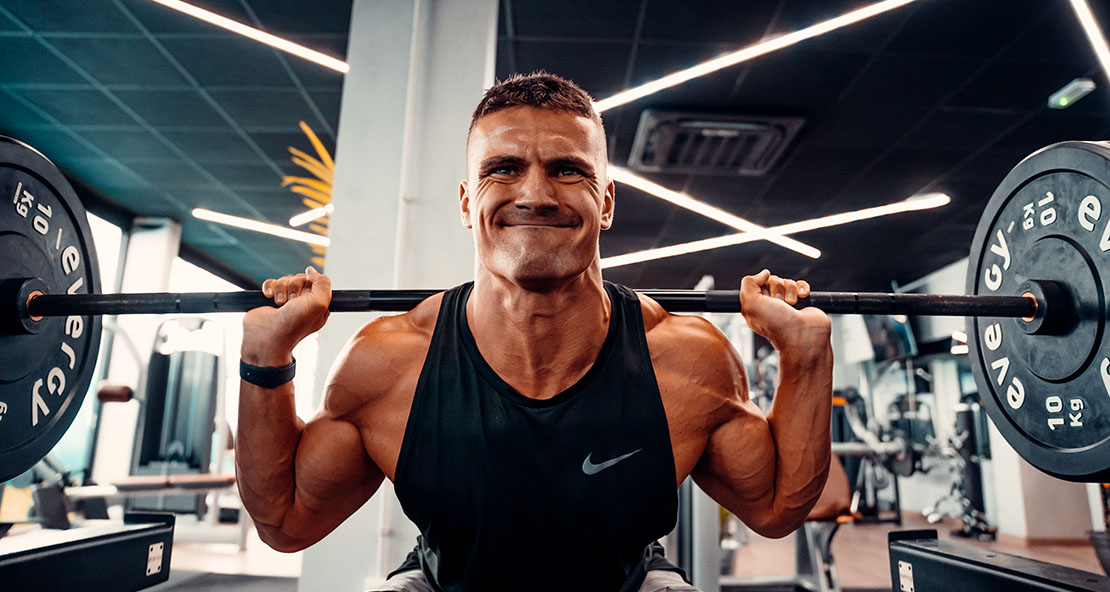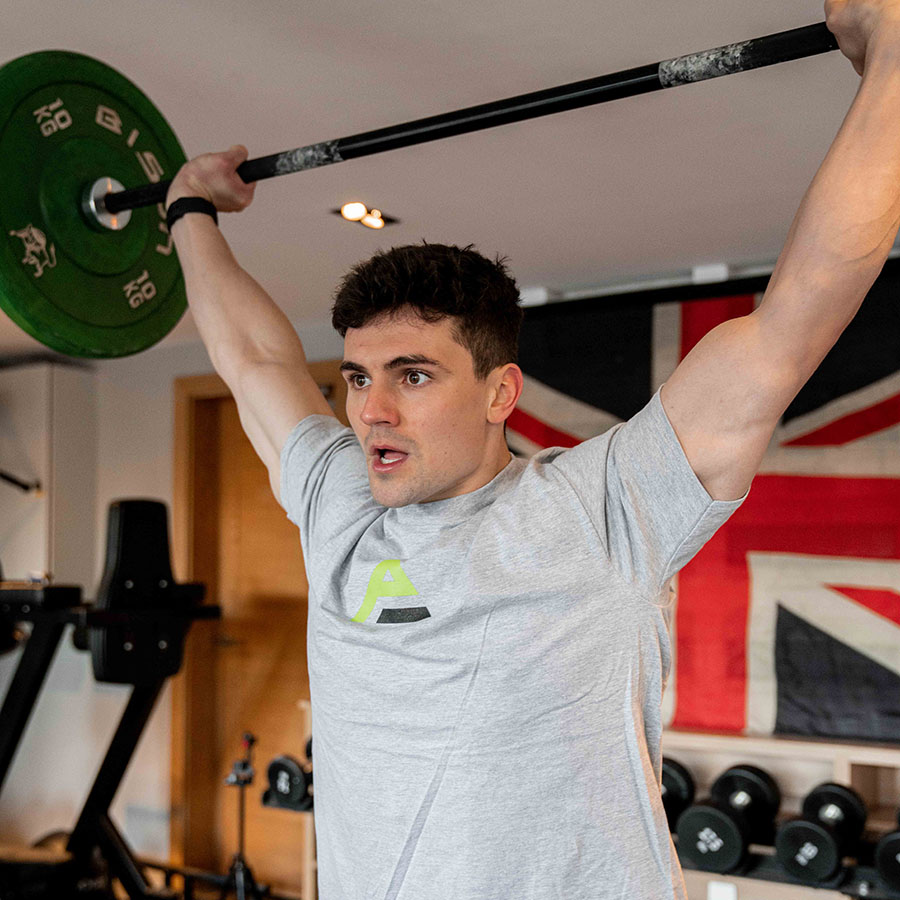Do you ever get into bed, knowing you’re up for work in 8 hours and find your mind is still racing?
You know how important sleep is, you even feel exhausted, yet there’s no way you’re falling asleep any time soon.
Problem is, while your body might feel ready to sleep, your brain hasn’t received the signals that it’s time to rest.
Humans are a dineral species, which means we wake with daylight and sleep at night. In the modern world, this pattern easily gets disrupted. Artificial lighting, smart devices and endless Netflix entertainment are all contributors.
But coffee exists, why should you be bothered about a lack of sleep?
Consistently under sleeping even by just two hours has been shown to increase the risk of cardiovascular disease, memory loss, high blood pressure, anxiety, diabetes, weight gain, irritability and slowed reaction times… the list goes on(2,3).
On the contrary, a good nights sleep boosts your immune system, cognition, mood, exercise performance, testosterone production and sex drive(4).
The National Sleep Foundation advise that healthy adults need 7-9 hours of sleep every night. While this varies slightly between individuals, I’m afraid that Brad from the office who only needs 4 hours is full of it(1).
So what can we do to maximise our chances of a good nights rest?
A bedtime routine is one of the most effective ways to signal to your body and mind that it’s time to sleep. Just like a morning routine, it sets you up for what’s to come next.
Starting 2 hours before you want to go to bed (you could set an alarm for this), you could focus on…
Dimming the lights, use night mode on devices or use blue light blocking glasses (with the red lenses). It’s the blue light spectrum that is responsible for stimulating your brain(5).
Journal - jot down your wins or gratitude’s for the day. You could also write down anything that’s on your mind. Getting thoughts onto paper and out of your mind will help you wind down.
Eat light - try to finish eating at least 2 hours before you go to sleep.
Stop using devices, especially in bed - social media or working late will keep you stimulated. Try reading or listening to audio instead, fiction is my recommendation for sleep. Think of it as putting your brain into story mode instead of problem-solving mode.
And probably the most important - having a consistent wake up / bedtime. This will help regulate your sleep / wake cycle and help you fall asleep when the time comes.
Good sleep is vital for all around optimal health. Hopefully these tips will help you get the rest you need. Let us know in the comments what has worked best for you!
References
Foundation, S., 2021. How Much Sleep Do We Really Need? | Sleep Foundation. [online] Sleepfoundation.org. Available at: <https://www.sleepfoundation.org/how-sleep-works/how-much-sleep-do-we-really-need#:~:text=National%20Sleep%20Foundation%20guidelines1,to%208%20hours%20per%20night.> [Accessed 10 December 2021].
Luyster, F., Strollo, P., Zee, P. and Walsh, J., 2012. Sleep: A Health Imperative. Sleep, 35(6), pp.727-734.
Luyster, F., Strollo, P., Zee, P. and Walsh, J., 2012. Sleep: A Health Imperative. Sleep, 35(6), pp.727-734.
Shechter, A., Kim, E., St-Onge, M. and Westwood, A., 2018. Blocking nocturnal blue light for insomnia: A randomized controlled trial. Journal of Psychiatric Research, 96, pp.196-202.
Worley, S., 2021. The Extraordinary Importance of Sleep: The Detrimental Effects of Inadequate Sleep on Health and Public Safety Drive an Explosion of Sleep Research. [online] PubMed Central (PMC). Available at: <https://www.ncbi.nlm.nih.gov/pmc/articles/PMC6281147/> [Accessed 10 December 2021].












